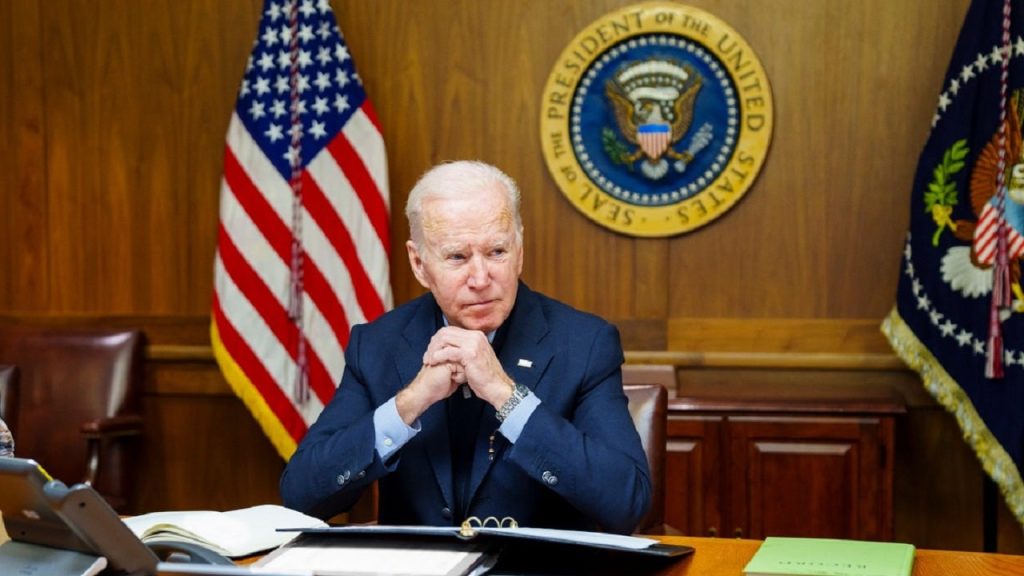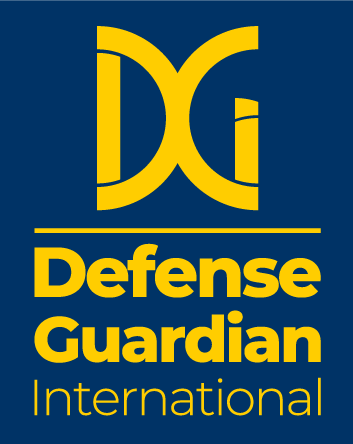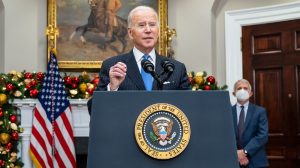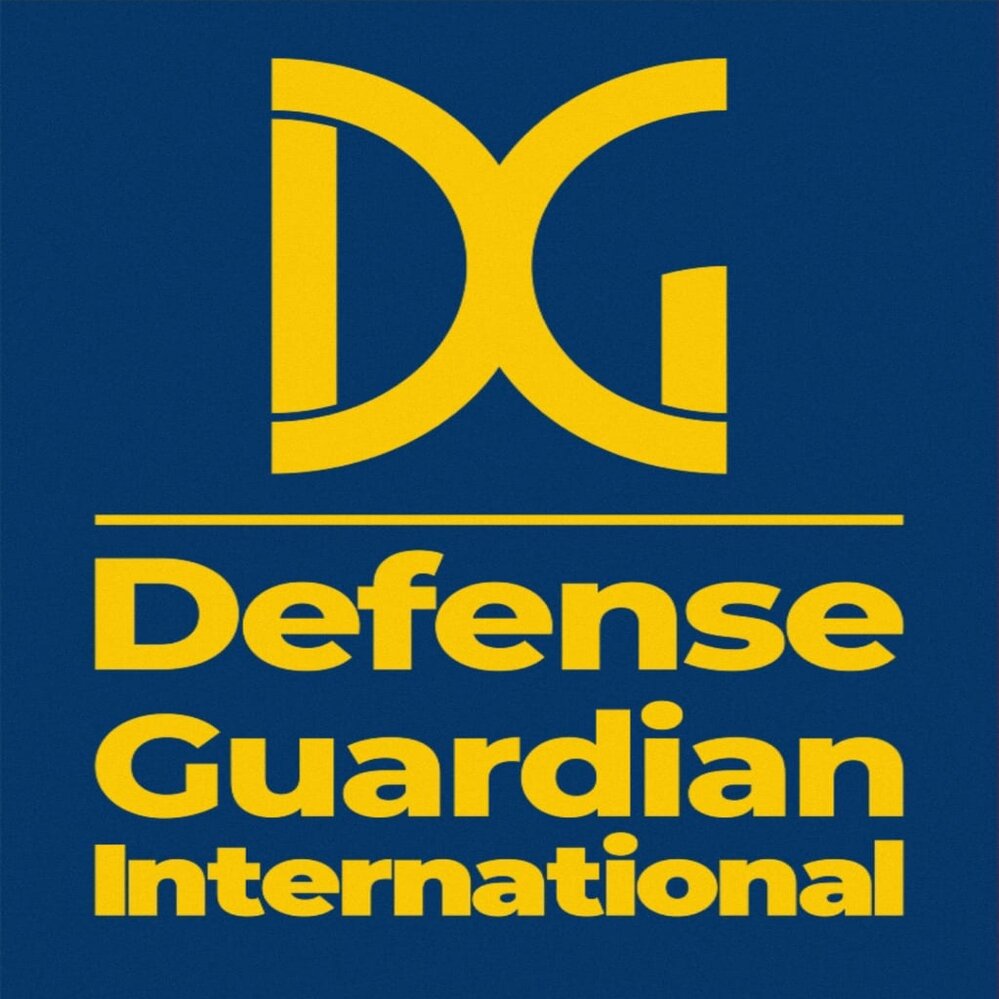The U.S.-African Leaders Forum winds down today. From the White House point-of-view, the three-day summit was a success.

The U. S.-African Leaders Forum winds down today. From the White House point-of-view, the three-day summit was a success.
President Joe Biden and his team met several African leaders and formalized agreements with countries across the continent. Biden also announced that Johnnie Carson, a former Assistant Secretary of State for Africa, will oversee summit implementation.
In theory, this is a good idea that separates this summit from its two predecessors. It is unclear how much Carson can do, however. At 79 years old, he may be Biden’s junior, but it is unclear whether Carson has the energy for the job. State Department officials are seldom willing to take orders or cede authority to such temporary authorities, even if they spent their careers in the building.
National Security Advisor Jake Sullivan said Washington would bring “resources to the table,” an apparent reference to the $55 billion that the United States would allocate for the continent in the coming years. Alas, Sullivan replicates a common Washington mistake of treating money allocated as a metric of effectiveness. Money can be corrosive, especially when corruption permeates the political class or governments lack the capacity to spend it wisely.
The juxtaposition between the billions of dollars wasted in Somalia with little to show versus how Somaliland has thrived absent aid is a case in point. Likewise, climate czar John Kerry can celebrate billions allocated to combat climate change, but the likelihood is high that this money will erode good governance as politicians and groups compete to divert it.
Biden further set the cause of good governance backward when he embraced Liberia’s jet-setting and absentee President George Weah just four months after sanctioning his chief-of-staff for massive corruption and at a time when the Liberian people went hungry.
While Biden can throw good money after bad, none of America’s investment will matter if the United States has no model to which it can point on the continent to demonstrate the wisdom and benefits of African states casting their lot with America.
When Africans look at South Sudan or Equatorial Guinea, for example, they can see the Chinese model for partnerships on the continent: Resource extraction, debt traps, and an emphasis on relations between dictators rather than the encouragement of democracy.
Africans can look at Somalia as a model of Turkey’s vision for the continent. Turkey invests heavily in the country, runs its international airport, builds hospitals, maintains a military base, and trains elite Somali soldiers. However, Turkey’s support for Somalia’s disgraced former president Mohamed Farmajo showed Africans that, like China, Ankara prefers to work through dictators.
Turkey’s further support for Farmajo’s renegade former intelligence chief Fahad Yasin and its tolerance for the Al-Shabab terrorist group, further demonstrates that alliance with Turkey means allowing the country to try to impose a more extreme religious interpretation on traditionally tolerant societies.
Russian President Vladimir Putin, meanwhile, has positioned Russia as the country to turn to when juntas need an ally who will do what no one else will. In Mali, this might mean willingness to fund death squads against the Fulani. In Nigeria, it might mean the opposite. While Russia erects monuments to the Wagner Group in the Central African Republic capital Bangui, most Africans understand that to ally with Russia means allowing Russia to loot its natural resources.
Nowhere on the continent is there a country where sustained investment from the United States makes a model. Certainly, Somaliland could be one—it is democratic, Western-oriented, and a hub for regional business despite the lack of formal relations—but Larry André, Jr., the U. S. ambassador in Somalia, continues to work behind the scenes to sabotage Congressional and Defense Department efforts to develop the relationship.
Liberia has historical ties to the United States, though Biden’s uneven approach to corruption and that country’s democracy undermine the potential. That might change in 2023, however, if former Coca-Cola executive Alexander Cummings, Jr., wins the presidential poll. This is the likely outcome if elections are free and fair.
To reinforce democracy in Somaliland and/or Liberia and then build wealth through guaranteeing private sector investment rather than virtue. Signaling with American aid would be a far more potent signal than any Washington conference that the United States is serious about the continent and can deliver something that China, Russia, and Turkey cannot.






